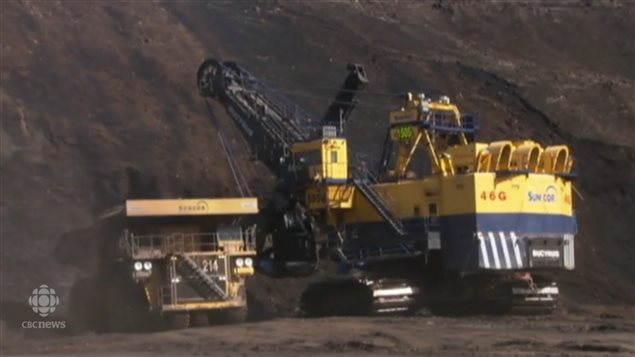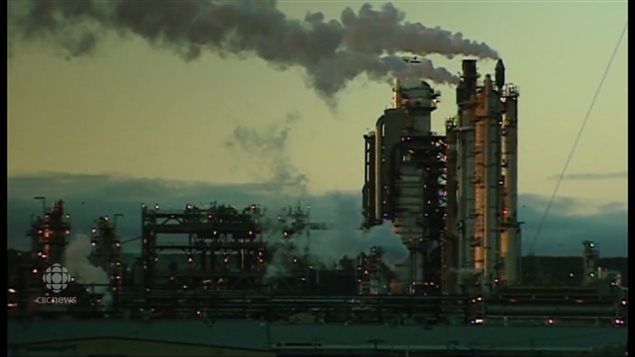It was close, but oil from the Alberta oil sands process has survived an effort in Europe to have their crude labelled as “dirty oil” thereby making it much more difficult to supply a European market.
For the past two years, the Canadian federal, and Alberta provincial governments have spent up millions of dollars in lobbying efforts against a European Union “fuel quality directive” (FQD), and had thought the matter was settled this fall in a compromise arrangement allowing the heavy crude to enter European feedstocks without being singled out. The FQD would have labeled oil sands crude as being 22% more carbon intensive than conventional oil.
There has been a bit of contention however, between the EU Parliament’s Environment committee, and the Commission itself.
This month the Environment committee rejected the earlier deal and forced today’s full vote on the labeling deal.

The parliament voted narrowly to reject the deal, 337-325 with 48 abstentions,which would be bad news for Canada but to overturn the deal an absolute majority of 376 votes is needed.
Thus the deal remains until a ratification vote in early 2015.
The first tanker loads of Canadian oil arrived in Europe this fall. It’s hoped that if the still very contested Energy-East pipeline from Alberta to the east coast goes through, the shipments could increase.
Labelling Canadian oil could also be problematic for Europe as it would then rely more on other sources such as Russia, currently and international pariah for it’s involvement in Ukraine.
with files from Canadian Press







For reasons beyond our control, and for an undetermined period of time, our comment section is now closed. However, our social networks remain open to your contributions.